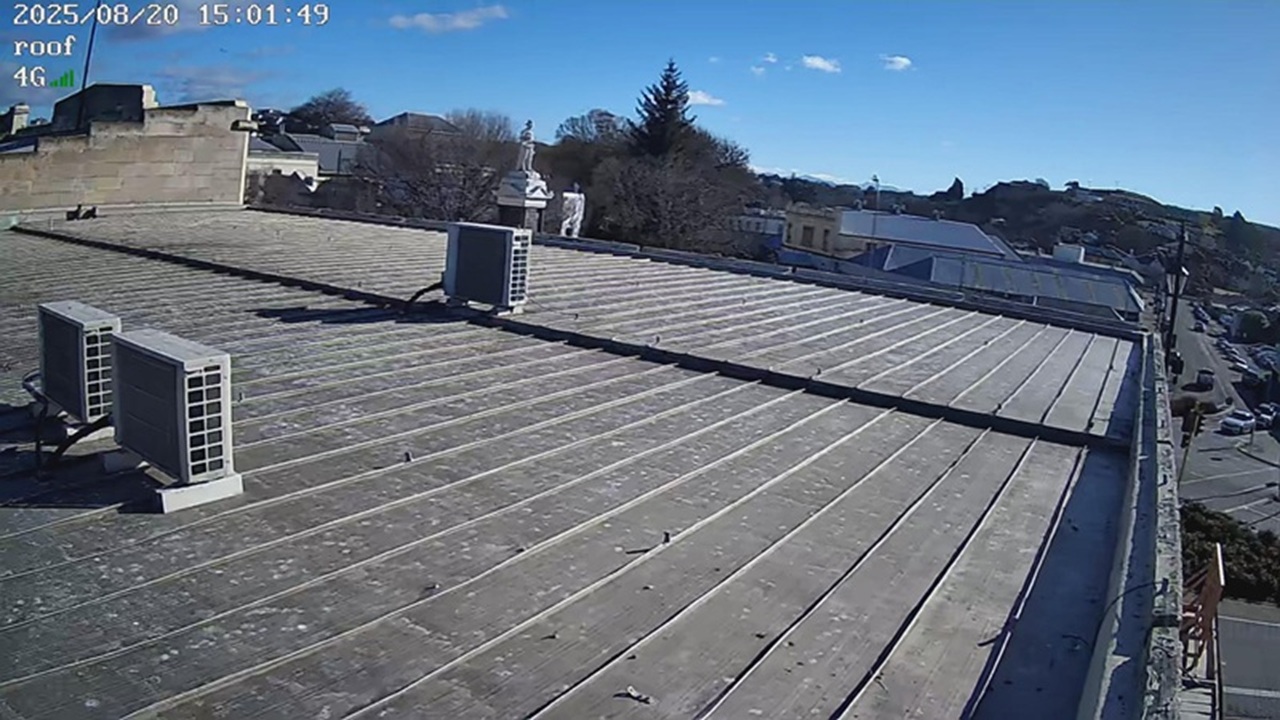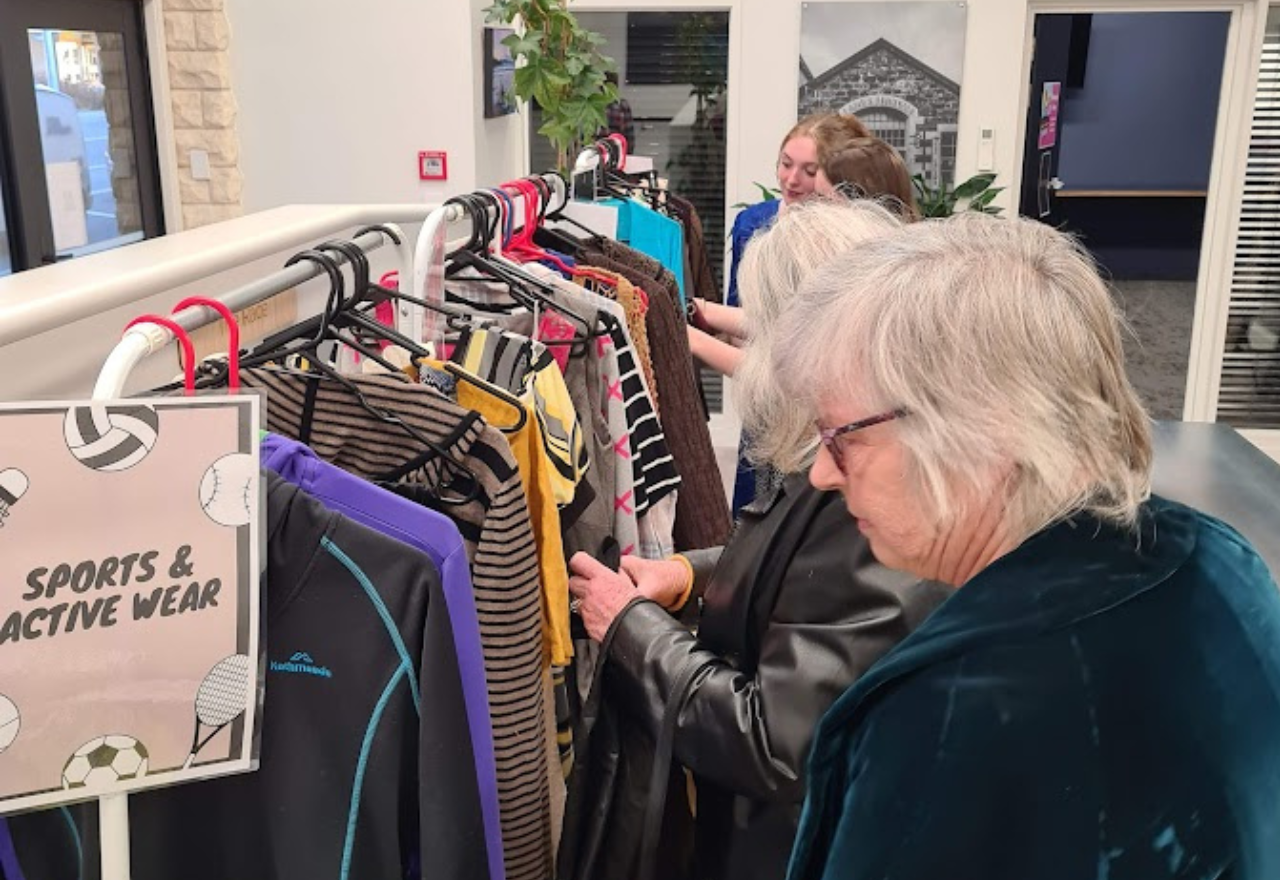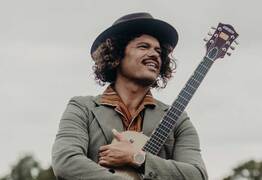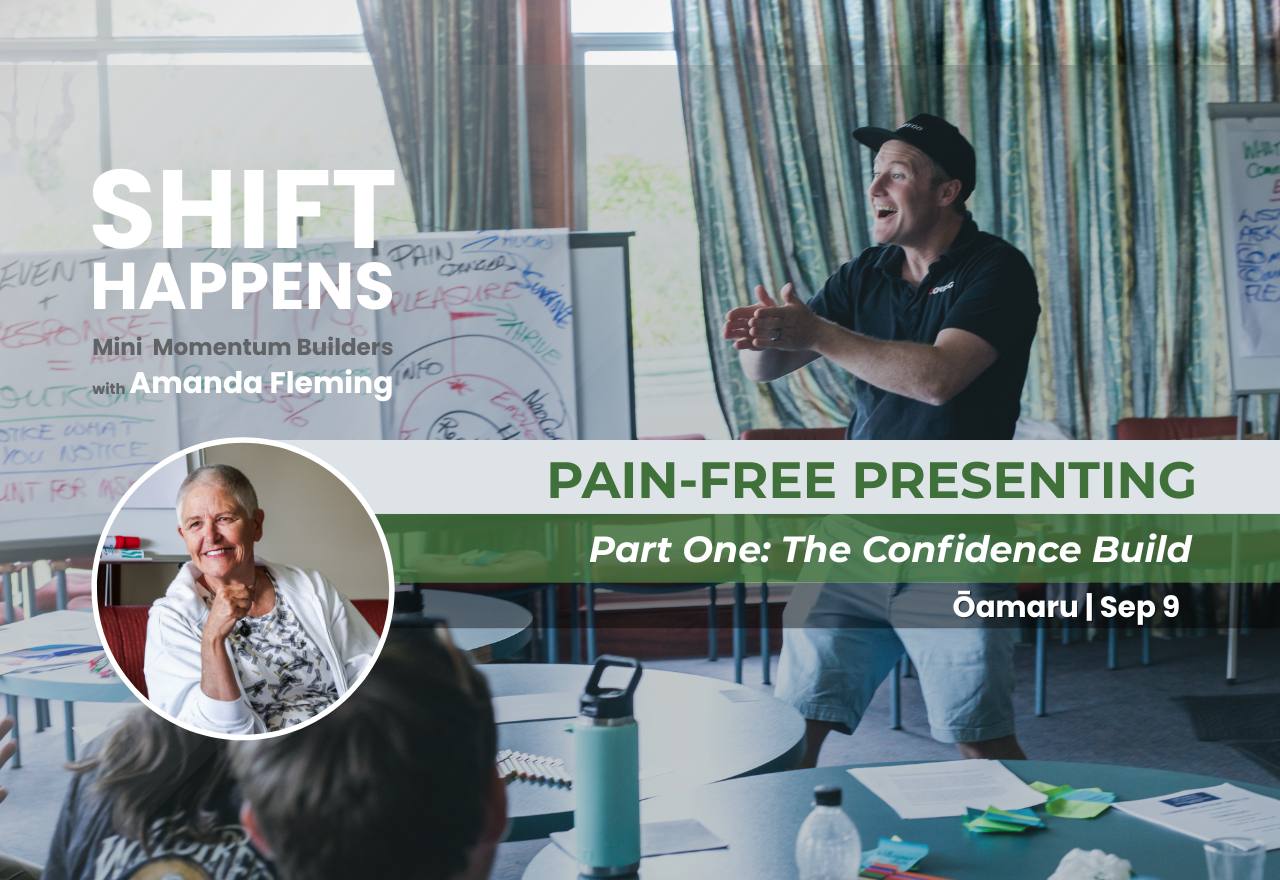Finfluencer’s plan to turn one-year-old into millionaire by 65
RNZ
02 September 2025, 9:44 PM
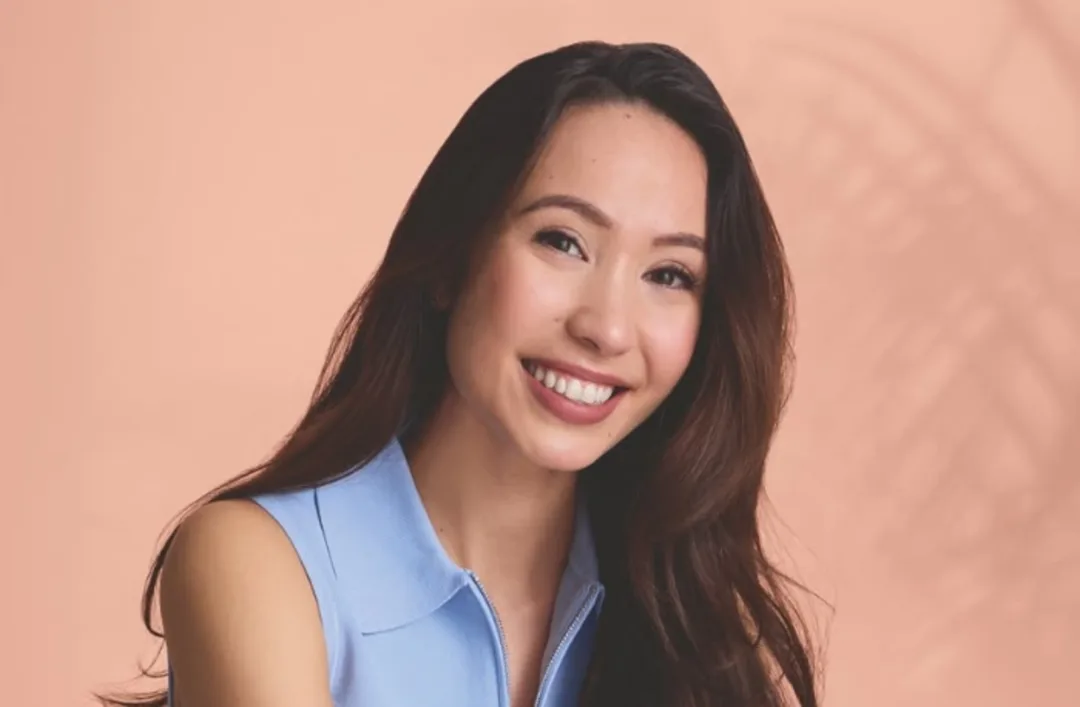 The Fun Formula author Queenie Tan. Photo: Supplied / Salt Shaker Films via RNZ
The Fun Formula author Queenie Tan. Photo: Supplied / Salt Shaker Films via RNZAussie mum Queenie Tan says a lot of people laugh in amazement and are curious when they hear her plans to turn her one-year-old into a millionaire.
Sydney-based financial influencer Queenie Tan makes a living sharing her top tips to more than half a million followers online for building wealth, regardless of whether you have $5000 to invest or just $5.
When Tan’s own financial transformation began, she owed several thousand dollars in student debt and had no savings. Now she is worth seven figures and plans to turn her one-year-old daughter into a millionaire by the time she retires.
The 28-year-old says she will put aside $1000 every birthday in a savings account so by the time her daughter is 18, she’ll have $40,000 which could turn to $1 million even without investing, because of compound interest and how it works.
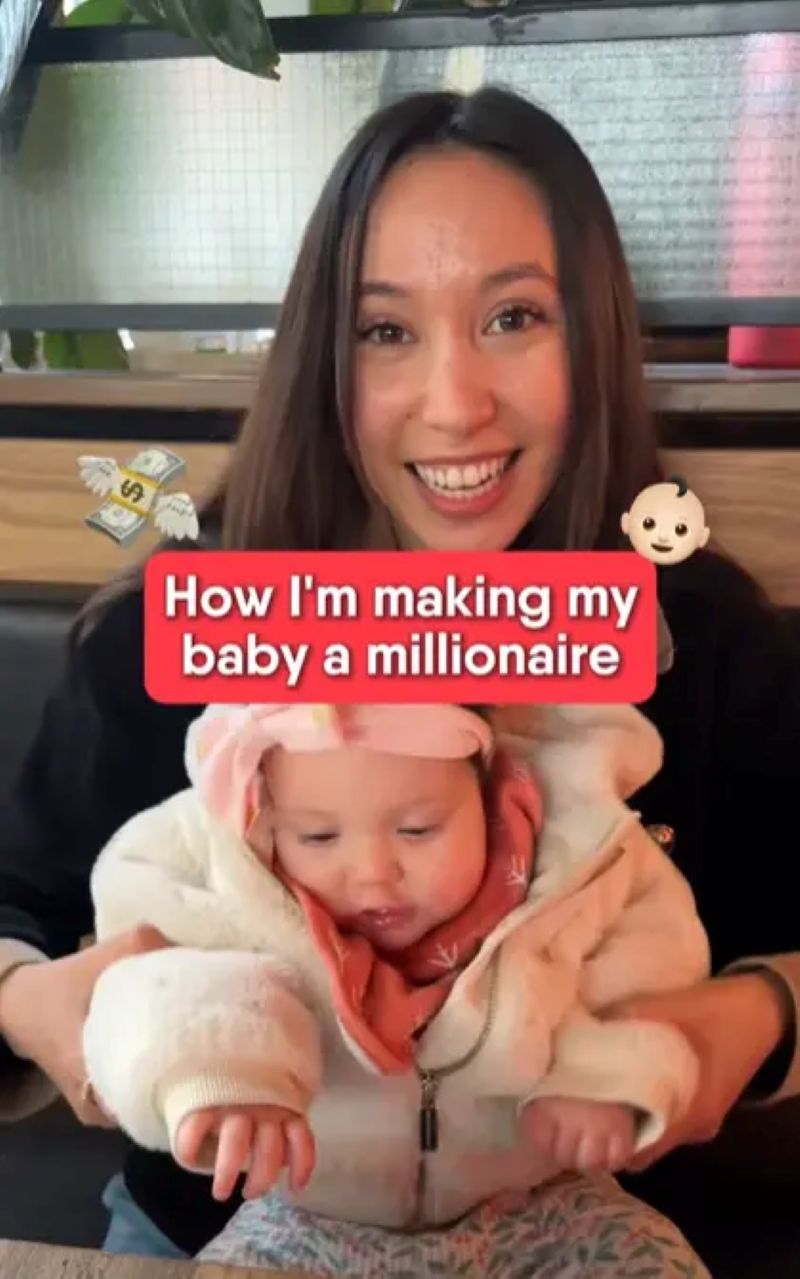
Finfluencer Queenie Tan and her daughter, Gia. Photo: Instagram / investwithqueenie via RNZ
But adding investment will give returns “much more” than what you get from a savings account, Tan told Saturday Morning.
“As we know, with the cost of living just rising everywhere, our money just gets eaten away by inflation. It gets worth less over time. That's why it's a good idea to start investing.”
The author of The Fun Finance Formula says it’s important to balance your budget using the “dream combination” of three Fs – Foundation (spending for mortgage or rent and living costs) Freedom (investing or saving for your retirement or your dream home) and Fun (spending for a dream holiday or going out with friends).
Listen on Saturday Morning: Queenie Tan: The Finfluencer Making Personal Finance Fun
Her “extremely frugal” single father, who retired early, shaped her views on what financial freedom can do and the importance of spending for fun, she says.
“I never felt like we were rich growing up because I went to public schools, like we didn't take any holidays unless it was to see relatives overseas where we would stay in their place and not do any paid activities.
“He would often like reuse things until they broke. Like his T-shirts had so many holes in them and he would often reuse clothes as like rags around the house. I used to be so embarrassed by all of these things.
“While I don't agree with like how extreme he was, like financially, and it's important to still enjoy life, I also think that that freedom and not having to rely on a job is also so amazing.”
A powerful move to financial freedom can be “mini retirements” instead of waiting until you’re 65, she says.
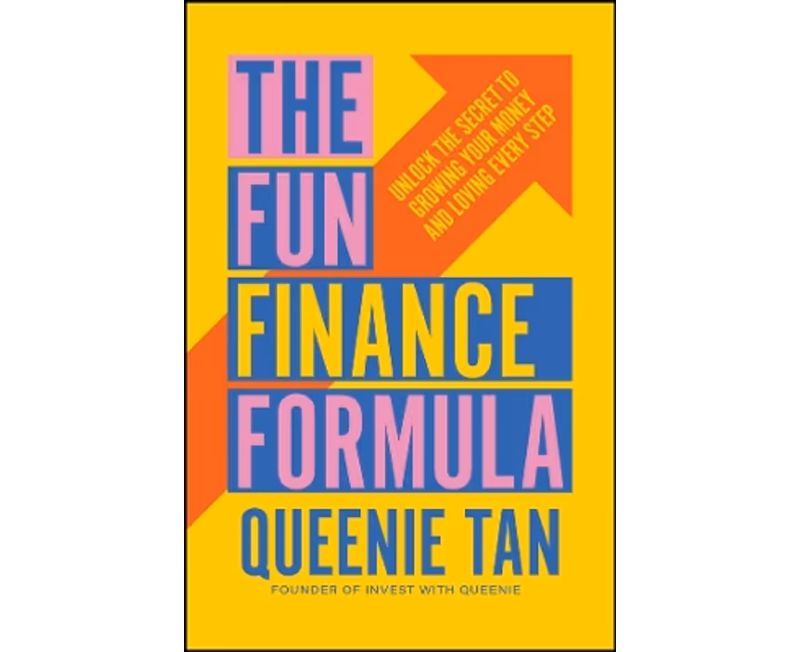
Supplied / John Wiley & Sons Australia via RNZ
“There are so many options to do remote working, so many options now to start a business or a side hustle that can give you a bit more freedom.
“There are actually some really interesting studies around this that actually support the idea of taking mini retirements throughout your working life.”
A “mini retirement” can also be a time of reset to allow you to return to work refreshed without completely derailing your finances, she says.
“Sometimes we hate working because we hate working when it's stressful and we're kind of forced to do it. But I feel like working also does give us meaning and if you're doing work that you enjoy, we all kind of need that meaning in your life.”
Investment tips
For her daughter’s plan, Tan is turning to exchange traded funds (ETFs), which spreads money across a group, so the investment is diversified. She says ETFs help “ride out the volatility” of investments and are generally used in government superannuation schemes.
“ETFs are a good way for, I guess, people that don't want to have to look into picking individual stocks. They just want something that they can just simply put aside.”
But if you’re new to investment, Tan suggests setting aside an emergency fund (either about $1000 or three to six months of living expenses) to use when things go awry in the market and you have an emergency.
She also advises starting small and early, but it doesn’t have to be big and can be at any point in life.
Micro-investment apps also mean investment has never been more accessible, she says.
“I think that when you do have hope, and when you believe that you can do it, it actually does manifest itself.
“We still need to put pressure on like the lawmakers and the people to actually make a difference. But, you know, we can't always wait for them and it’s a good idea to put these things in our own hands as well.” - RNZ

NEWS
WHAT'S ON GUIDE
